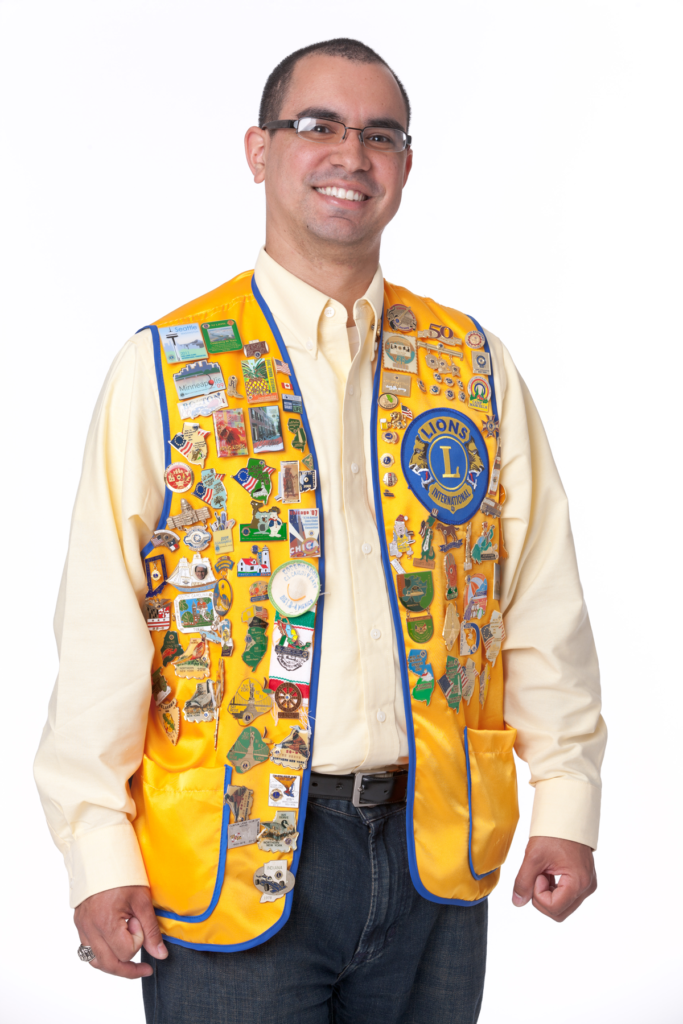
Lions Clubs International
Triumph Of An Idea
The International Association of Lions Clubs began as the dream of Chicago insurance man Melvin Jones, who wondered why local business clubs — he was an active member of one — could not expand their horizons from purely business concerns to the betterment of their communities and the world at large. Jones’ idea struck a chord within his own group, the Business Circle of Chicago, and they authorized him to explore his concept with similar organizations from around the United States. His efforts resulted in an organizational meeting at a local hotel on June 7, 1917. The 12 men who gathered there overcame a natural sense of loyalty to their parent clubs, voted the “Association of Lions Clubs” into existence, and issued a call for a national convention to be held in Dallas, Texas, USA in October of the same year. Thirty-six delegates representing 22 clubs from nine states heeded the call, approved the “Lions Clubs” designation, and elected Dr. William P. Woods of Indiana as their first president. Guiding force and founder Melvin Jones named acting secretary, thus began an association with Lionism that only ended with his death in 1961. That first convention also began to define what Lionism was to become. A constitution and by-laws were adopted, the colors of purple and gold approved, and a start made on Lionism’s Objectives and Code of Ethics. One of the objects was startling for an era that prided itself on mercenary individualism, and has remained one of the main tenets of Lionism ever since. “No Club,”it read, “shall hold out the financial betterment of its members as its object.” Community leaders soon began to organize clubs throughout the United States, and the association became “international” with the formation of the Windsor, Ontario, Canada Lions Club in 1920. Clubs were later organized in China, Mexico, and Cuba. By 1927, membership stood at 60,000 in 1,183 clubs. In 1935, Panama became home to the first Central American club, with the first South American club being organized in Columbia the following year. Lionism reached Europe in 1948, as clubs were chartered in Sweden, Switzerland, and France. In 1952, the first club was chartered in Japan. Since then, the association has become truly global, with clubs in more than 170 countries and geographical areas worldwide.
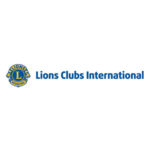
THE NAME
The proper name of the association is “The International Association of Lions Clubs.” Many Lions, however, prefer the use of the shorter form of “Lions Clubs International.”
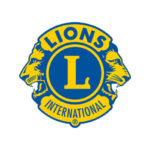
THE EMBLEM
Throughout the world, Lions are recognized by the emblem they wear on their lapels. It consists of a gold letter “L” on a circular purple field. Bordering this is a circular gold area with two lion profiles at either side facing away from the center. The words “Lions” appears at the top, and “International” at the bottom. Symbolically, the lions face both past and future – proud of the past and confident of the future. Lions wear their emblem with pride.
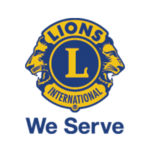
THE MOTTO
The motto of every Lion is simply “We Serve.” What better way to express the true mission of Lionism?

THE SLOGAN
The slogan of the association is “Liberty, Intelligence, Our Nation’s Safety (LIONS).
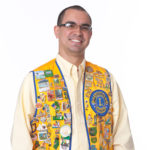
THE OFFICIAL COLORS
The royal colors of purple and gold were selected as the official colors when the association was organized in 1917. Purple stands for loyalty to friends and to one’s self, and for integrity of mind and heart. Gold symbolizes sincerity of purpose, liberality in judgement, purity in life and generosity in mind, heart and purpose toward humanity.
